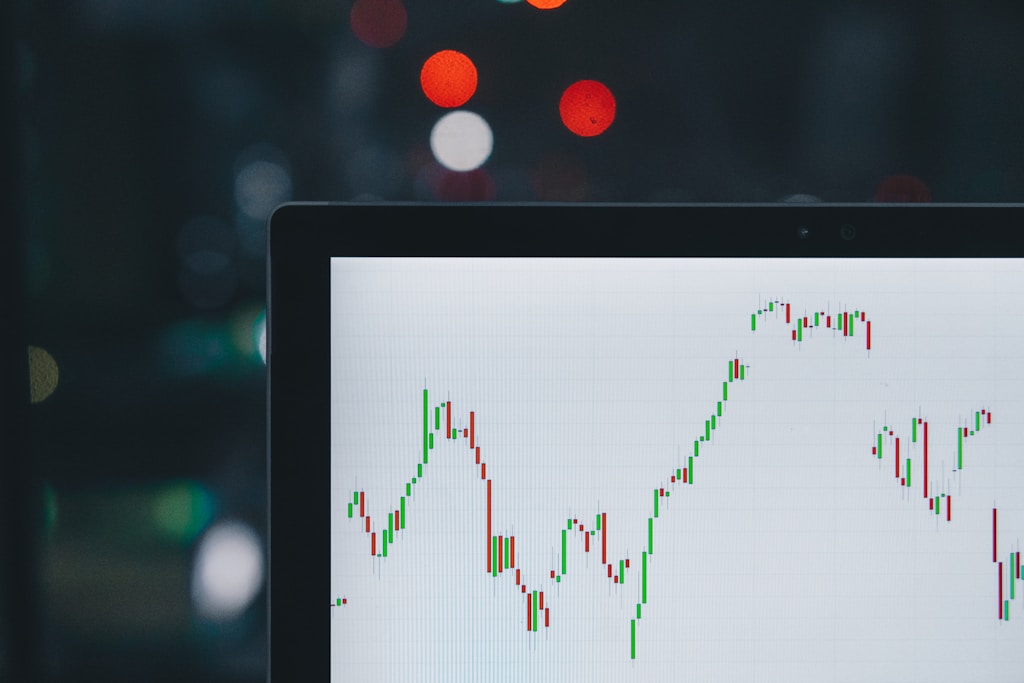Trump’s Bitcoin Strategy: Tariffs Could Fuel Strategic BTC Reserve Plan
Discover how Trump’s new tariffs might be part of a strategic plan to accumulate Bitcoin at lower prices for a national reserve. Analysis of market impact an…

In a surprising development that has caught the attention of crypto analysts, recent market turbulence following Trump’s implementation of new global tariffs might be part of a larger strategy to accumulate Bitcoin at lower prices for a potential strategic reserve.
Market Impact and Strategic Analysis
While Bitcoin markets have shown significant volatility in response to the tariff announcements, with prices testing critical support levels, some experts suggest this could be part of a calculated move to create buying opportunities for large-scale Bitcoin acquisition.
Economic Implications
The implementation of new tariffs has led to increased market uncertainty, with recession risk indicators reaching concerning levels. However, this market disruption could create ideal conditions for strategic Bitcoin accumulation by institutional players.
Expert Perspectives
Marathon Digital Holdings’ advisor suggests that the tariff strategy might be deliberately designed to create market conditions favorable for large-scale Bitcoin purchases. This theory aligns with growing institutional interest in cryptocurrency as a strategic asset.
FAQ Section
How could tariffs impact Bitcoin prices?
Tariffs can create market uncertainty, potentially leading to short-term price volatility while offering strategic buying opportunities.
What is the connection between trade policy and Bitcoin?
Trade policies affecting traditional markets can drive investors toward alternative assets like Bitcoin as a hedge against economic uncertainty.
Could this strategy affect global Bitcoin adoption?
If large-scale institutional buying occurs, it could accelerate Bitcoin adoption and potentially drive prices higher in the long term.
Market Outlook
As global markets adjust to the new tariff landscape, Bitcoin’s role as a potential strategic reserve asset continues to evolve. The coming months will be crucial in determining whether this theoretical strategy materializes into concrete action.



